Prejudice and Bias →
→
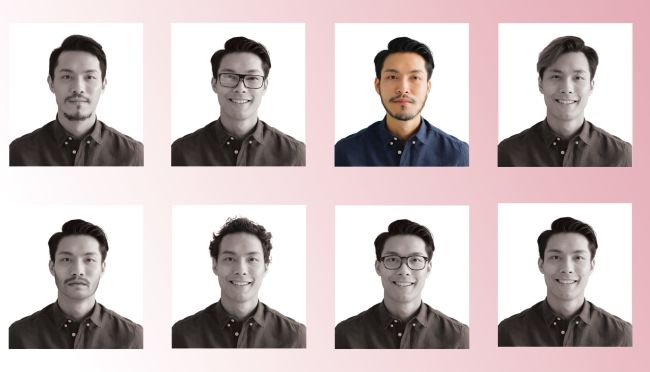
- 07 Nov 2023
- Research & Ideas
When Glasses Land the Gig: Employers Still Choose Workers Who 'Look the Part'
Is an eyeglass-wearer more likely to be a strong web developer? Employers that use online talent platforms tend to consider profile photos in final hiring decisions, says research by Isamar Troncoso. What's the role of recruiting platforms in preventing bias?

- 24 Oct 2023
- Research & Ideas
When Tech Platforms Identify Black-Owned Businesses, White Customers Buy
Demand for Black-owned restaurants rises when they're easier to find on Yelp. Research by Michael Luca shows how companies can mobilize their own technology to advance racial equity.
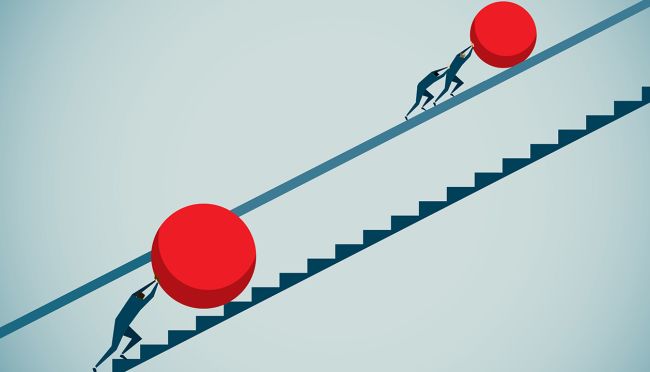
- 08 Aug 2023
- Research & Ideas
Black Employees Not Only Earn Less, But Deal with Bad Bosses and Poor Conditions
More than 900,000 reviews highlight broad racial disparities in the American working experience. Beyond pay inequities, research by Letian Zhang shows how Black employees are less likely to work at companies known for positive cultures or work-life balance.
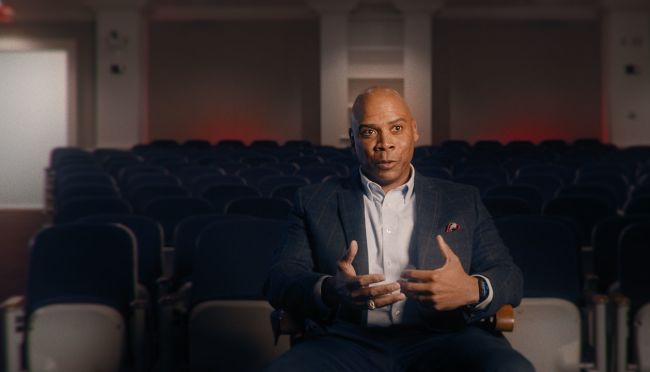
- 31 May 2023
- HBS Case
Why Business Leaders Need to Hear Larry Miller's Story
VIDEO: Nike executive Larry Miller concealed his criminal past to get a job. What if more companies were willing to hire people with blemishes on their records? Hise Gibson explores why business leaders should give the formerly incarcerated a second chance.
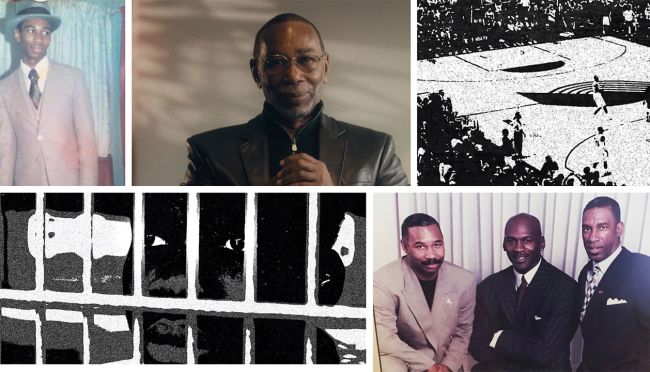
- 31 May 2023
- HBS Case
From Prison Cell to Nike’s C-Suite: The Journey of Larry Miller
VIDEO: Before leading one of the world’s largest brands, Nike executive Larry Miller served time in prison for murder. In this interview, Miller shares how education helped him escape a life of crime and why employers should give the formerly incarcerated a second chance. Inspired by a Harvard Business School case study.
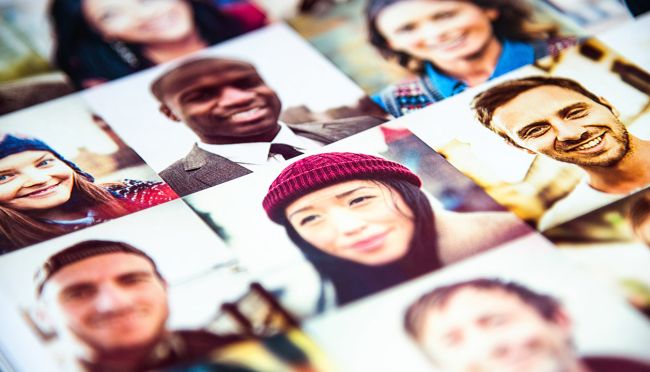
- 23 May 2023
- Research & Ideas
Face Value: Do Certain Physical Features Help People Get Ahead?
Society seems to reward people with particular facial features. Research by Shunyuan Zhang and colleagues uses machine learning to analyze traits that people associate with charisma. The findings highlight opportunities to enhance one's image—and challenge bias.

- 08 May 2023
- Research & Ideas
How Trump’s Anti-Immigrant Rhetoric Crushed Crowdfunding for Minority Entrepreneurs
When public anxiety about immigration surges, Black, Asian, and Hispanic inventors have a harder time raising funds for new ideas on Kickstarter, says research by William Kerr. What can platforms do to confront bias in entrepreneurial finance?

- 07 Mar 2023
- HBS Case
ChatGPT: Did Big Tech Set Up the World for an AI Bias Disaster?
Google tried to silence AI bias warnings from ethicist Timnit Gebru. Will a world enamored with OpenAI's ChatGPT be able to confront them? Tsedal Neeley reflects on Gebru's experience in a case study, and offers advice on managing the ethical risks of AI.
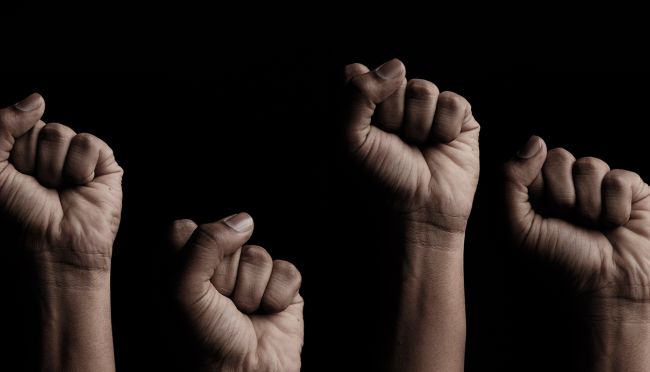
- 21 Feb 2023
- Research & Ideas
What's Missing from the Racial Equity Dialogue?
Fellows visiting the Institute for the Study of Business in Global Society (BiGS) at Harvard Business School talk about how racism harms everyone and why it’s important to find new ways to support formerly incarcerated people.
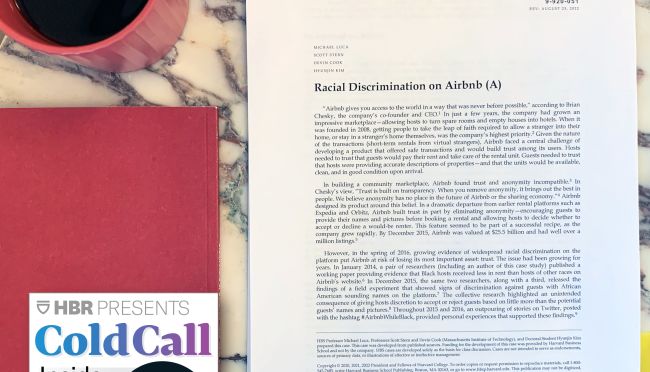
- 31 Jan 2023
- Cold Call Podcast
Addressing Racial Discrimination on Airbnb
For years, Airbnb gave hosts extensive discretion to accept or reject a guest after seeing little more than a name and a picture, believing that eliminating anonymity was the best way for the company to build trust. However, the apartment rental platform failed to track or account for the possibility that this could facilitate discrimination. After research published by Professor Michael Luca and others provided evidence that Black hosts received less in rent than hosts of other races and showed signs of discrimination against guests with African American sounding names, the company had to decide what to do. In the case, “Racial Discrimination on Airbnb,” Luca discusses his research and explores the implication for Airbnb and other platform companies. Should they change the design of the platform to reduce discrimination? And what’s the best way to measure the success of any changes?

- 16 Dec 2022
- Research & Ideas
Why Technology Alone Can't Solve AI's Bias Problem
Engineers designed "fair-ranking algorithms" to prevent artificial intelligence from marginalizing certain groups. While these tools help, research by Himabindu Lakkaraju finds that they can't completely override the most stubborn source of bias: people.

- 10 Nov 2022
- Research & Ideas
Too Nice to Lead? Unpacking the Gender Stereotype That Holds Women Back
People mistakenly assume that women managers are more generous and fair when it comes to giving money, says research by Christine Exley. Could that misperception prevent companies from shrinking the gender pay gap?
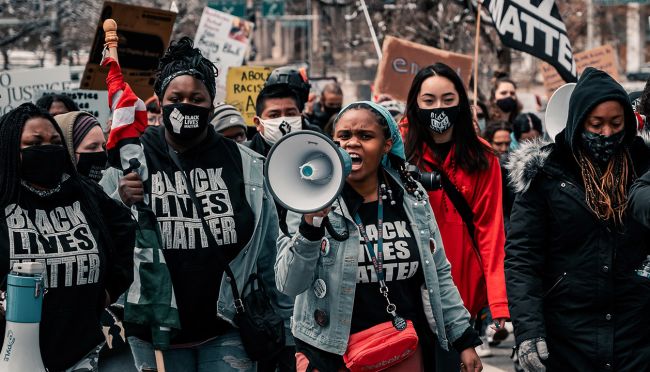
- 31 Oct 2022
- Research & Ideas
Why the Largest Minority Group Faces the Most Hate—and How to Push Back
A community's biggest minority group endures the most discrimination from a majority who fears losing status, says research by Marco Tabellini and colleagues. Findings from 20 years of crime and demographic data could help policymakers improve race relations.
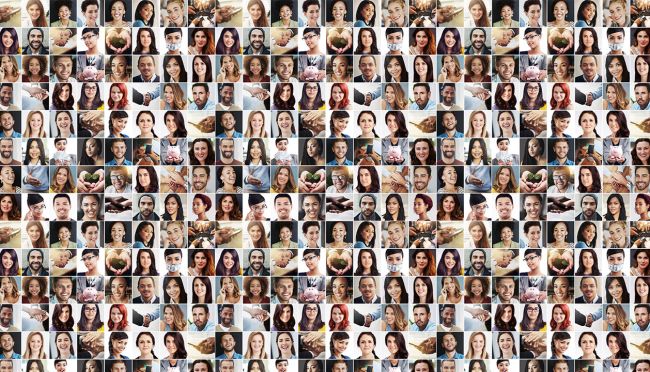
- 18 Oct 2022
- Research & Ideas
When Bias Creeps into AI, Managers Can Stop It by Asking the Right Questions
Even when companies actively try to prevent it, bias can sway algorithms and skew decision-making. Ayelet Israeli and Eva Ascarza offer a new approach to make artificial intelligence more accurate.

- 20 Oct 2020
- Sharpening Your Skills
Steps to Help You Get Out of Your Own Way
These research-based tips will help you slow down, fight the fog, and improve both your home life and work life. Open for comment; 0 Comments.

- 24 Aug 2020
- Working Paper Summaries
When Do Experts Listen to Other Experts? The Role of Negative Information in Expert Evaluations for Novel Projects
Evaluators of early-stage scientific proposals tend to systematically focus on the weaknesses of proposed work rather than its strengths, according to evidence from two field experiments.

- 02 Aug 2020
- Working Paper Summaries
Discrimination, Disenfranchisement and African American WWII Military Enlistment
The United States entered World War II during one of the worst periods of racial discrimination in post-Civil War history. This paper examines the social costs of this discrimination, with clear implications for policymakers: Requiring equal contributions from citizens means treating citizens equally.
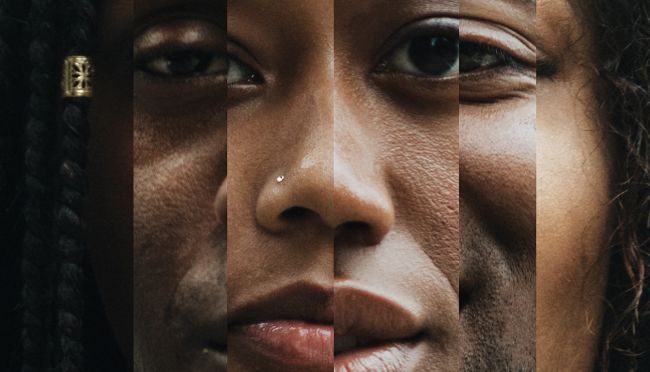
- 28 Jul 2020
- Research & Ideas
Racism and Digital Design: How Online Platforms Can Thwart Discrimination
Poor design decisions contribute to racial discrimination on many online platforms. Michael Luca and colleagues offer tips for reducing the risk, used by Airbnb and other companies. Open for comment; 0 Comments.
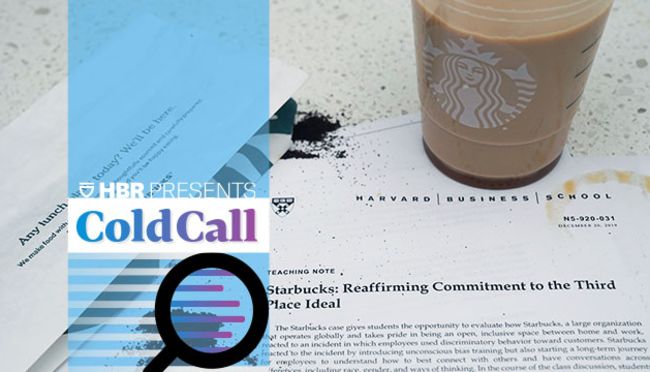
- 21 Jul 2020
- Cold Call Podcast
Starbucks Commits to Raising Awareness of Racial Bias
After a highly publicized act of racial discrimination by a Starbucks employee the company revised store policies and employee training practices. Francesca Gino and Katherine Coffman discuss unconscious bias in corporate culture. Open for comment; 0 Comments.

Should Businesses Take a Stand on Societal Issues?
Should businesses take a stand for or against particular societal issues? And how should leaders determine when and how to engage on these sensitive matters? Harvard Business School Senior Lecturer Hubert Joly, who led the electronics retailer Best Buy for almost a decade, discusses examples of corporate leaders who had to determine whether and how to engage with humanitarian crises, geopolitical conflict, racial justice, climate change, and more in the case, “Deciding When to Engage on Societal Issues.”